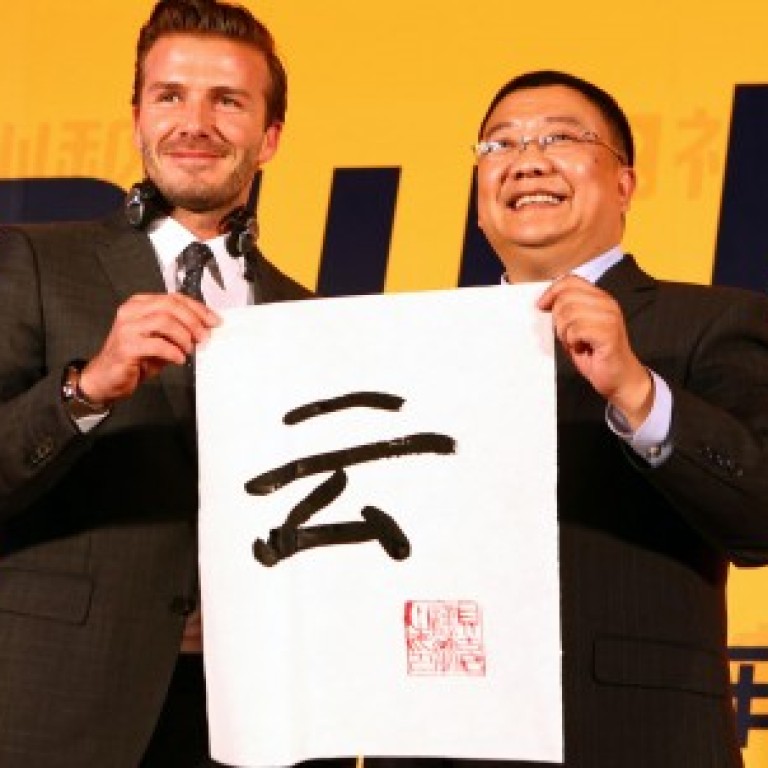
China's car-hailing apps may be in the government's crosshairs, but investors can't get enough of them
Global investors have not lost faith in China’s private car-hailing apps like Didi Kuaidi or Ucar, despite regulatory obstacles that have seen domestic market leader Didi and San Francisco-based Uber targeted by government raids in recent months.
Chinese car-rental service Car Inc. on Thursday reported a 24 per cent jump in total revenue and an 87 per cent increase in net profit in the second quarter after its gamble on Ucar earlier this year paid off.
The company collaborated with Ucar Inc. to provide rental vehicles for the eponymous app in January in selected Chinese cities. Car Inc. contributed US$125 million out of a total US$250 million investment.
This allowed it to sidestep a Chinese law that forbids car-rental companies from entering the private car-hailing sphere, as its merely rents its vehicles to its partner company.
US private equity giant Warburg Pincus’ affiliate Sapphire Gem Holdings and Legend Capital Management coughed up the other half of the money.
As China’s car-hailing market grows more cut-throat, with protests from established taxi drivers commonplace, the government has stepped in to take stock of the situation and pull the industry out of a regulatory grey zone.
Beijing also declared Didi's private car-hailing services illegal in June.
While the dust has yet to settle on the raids on Uber’s Hong Kong office last week, which followed a police sting that netted seven drivers in the city, some local governments and taxi drivers’ associations in China have even discussed rolling out their own car-hailing apps.
It also ranks as the world’s most valuable start-up after it raised close to US$1 billion recently, taking its valuation to US$50 billion.
This may help explain why investors from around the world do not appear to have been put off by all the bad press.
Indian private-equity firm Tata Opportunities Fund is believed to have invested up US$100 million in Uber this year to help fund its global expansion, according to media reports.
This should help the under-fire company introduce “many more products that are customised to the India market”, Amit Jain, the president of Uber India, said Wednesday.
Meanwhile, Didi Kuaidi remains attractive to investors because it operates a variety of on-demand transport services, including taxi-hailing, car-hailing, a shuttle bus service and a designated driver service.

